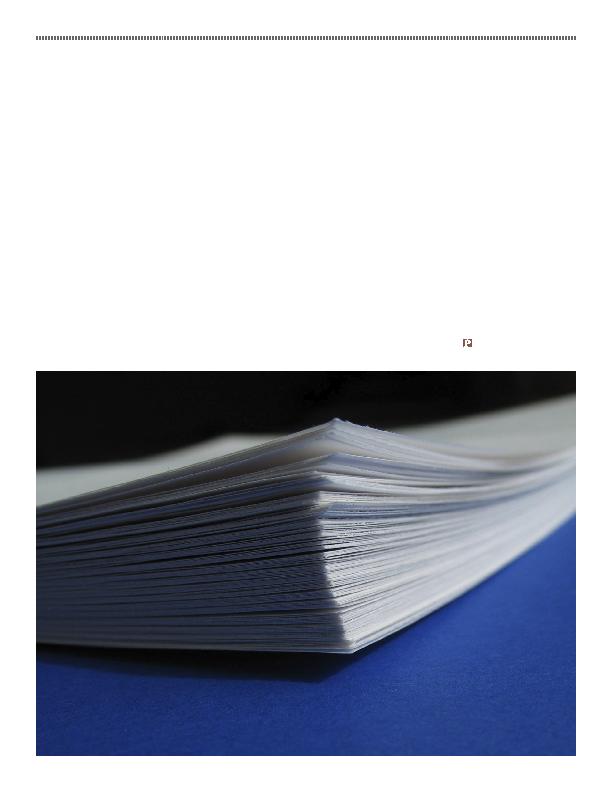
framework enacted by the New Code.
For instance, the New Code includes
legislation on certain commercial
relationships that were previously ruled
in separate laws or only accepted by
customary or judicial precedents, such
as, supply contracts, leasing contracts,
banking contracts, factoring contracts,
agent contracts, concession contracts,
franchising contracts, arbitration
contracts, trust contracts and consumer
protection framework.
that indicate how a contract should be
construed. These provisions are not only
a suggestion, but mandatory ruling.
The principal rule in order to construe a
contract would be "the common intention
of the parties" and "good faith." Section
961 of the New Code states that the
parties commit to comply with the
stated, but also to all consequences that
could be considered and compounded,
by a reasonable and careful party.
obligations to pay money subject to
Argentine law could be stated in local or
foreign currency. If a party undertook the
obligation to repay a loan in USD (United
States Dollars) such party could and
should cancel its obligation paying USD.
The New Code amended certain
provisions that stated the manner a
party could repay a loan payable in
foreign currency in Argentina. Basically,
the New Code states that if a party
undertakes the obligation to pay in
foreign currency, such obligation shall
be considered as an obligation to deliver
goods. That is to say, according to the
New Code, the debtor could cancel its
obligation paying in Argentine pesos
at the official exchange rate, but it is
be modified by the parties' agreement.
So, in order to protect the interest
of the parties, contracts signed after
August 1, 2015, with foreign currency
obligations shall be drafted taking into
account different situations (e.g. if the
contract is local or international, if the
parties are locals or foreigners, if the
object of the contract has any relation to
markets using foreign currency, etc).
New Code that should be considered
at the time of doing business in the
Republic of Argentina. The entire legal
sector in Argentina is studying and
analyzing the New Code, since it actually
represents a new regulation on most of
private relations.
This is just a brief overview of the
New Code; much more remains to be said
and studied.